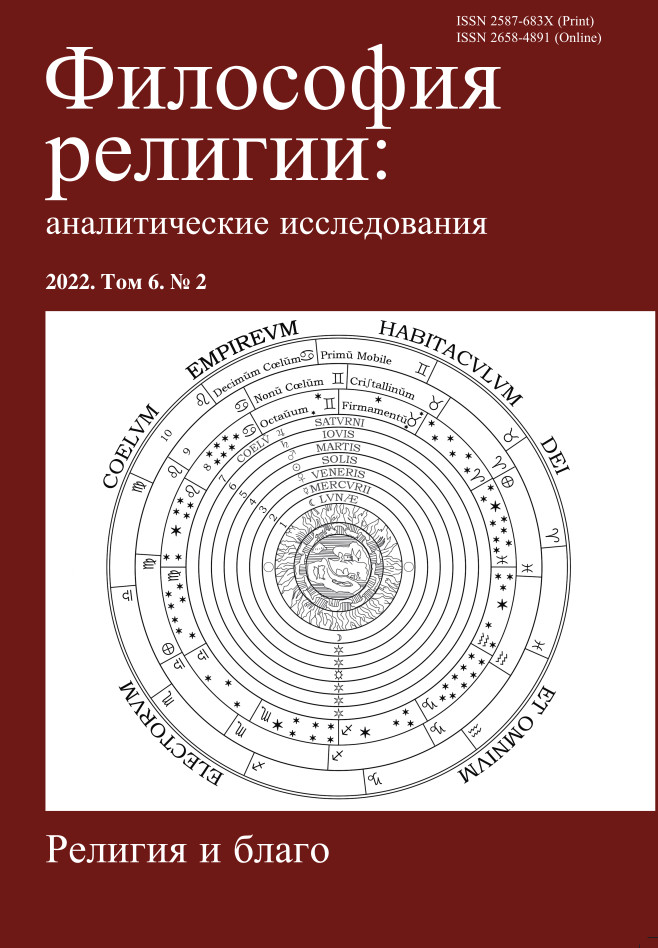Evidentialism, the Problem of Evil and the Hypothesis of a Simple God of Theism
DOI:
https://doi.org/10.21146/2587-683X-2022-6-2-19-27Keywords:
Richard Swinburne, best-acting God, robabilistic argument for the existence of God, criteria for an adequate theodicy, evidentialistic game on the problem of evil, priva- tio boni theory of evilAbstract
In his paper Richard Swinburne argues that an adequate theodicy must be offered to support the probabilistic argument for the ‘best acting-God’ hypothesis. The adequacy of such a theodicy consists in, among other things, that it can explain that every bad state of the universe is a logically necessary condition for the existence of a good state, at least comparable to it, and that God, acting in the best possible way, has the right to allow every such bad state for the sake of the good state that it makes possible. In my commentary I disagree with this condition: it uses notions of ‘bad’ and ‘good’ states of affairs in the universe, which suggests an epistemological intuitivism which makes the exchange of arguments between theists, atheists and anti-theists on the problem of evil pointless, since all arguments are reduced to a so-called ‘evidentialistic game’. A way out of this situation is possible by abandoning intuitionism and developing criteria for selecting relevant evidence of ‘bad’ and ‘good’ states of affairs. As the latter I propose traditional for theism concepts: limitation of human cognitive abilities for weighing good and evil (in modern philosophy of religion such position is represented by skeptical theism) and privatio boni theory of evil which offers a metaphysical concept of evil.

 This work is licensed under a
This work is licensed under a 
